Source: Alexoakenman | Dreamstime.com
Ever wonder why your hair feels dull and lifeless after a shower, even when you use the most luxurious salon shampoo? The culprit might not be the product itself but the water you’re washing with. Water can be categorized as hard or soft, and each type has a surprising impact on hair health. While hard water is prevalent in many regions, soft water can also pose challenges when it comes to maintaining healthy, manageable hair. Let’s take a closer look at the science behind hard water vs. soft water and how it can affect your clients’ hair care routines.
Understanding Hard and Soft Water
Water is categorized as hard or soft based on its mineral content, specifically the presence of calcium and magnesium. Hard water, prevalent in regions with limestone and dolomite, boasts high levels of these minerals. Conversely, soft water, often used in municipal treatment systems, has significantly less. While hard water offers benefits like reduced soap scum buildup, it can negatively impact plumbing and appliances. Soft water, on the other hand, is gentler on pipes but may hinder cleaning effectiveness due to its lower lathering ability.
The Impact of Hard Water on Hair
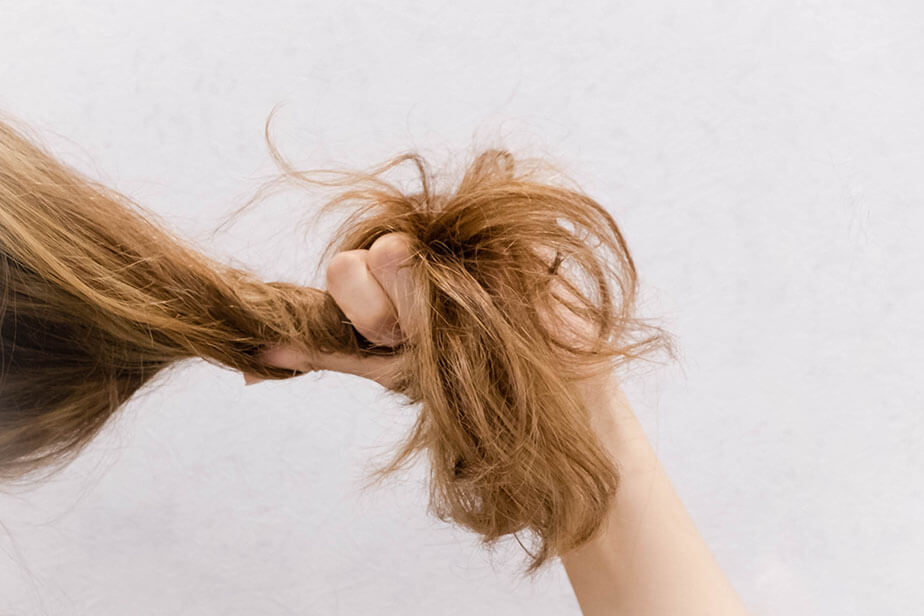
Source: Konevaelvira | Dreamstime.com
The impact of water type extends beyond typical uses such as household chores, significantly affecting hair health. Hard water’s high mineral content creates a film on hair strands, interfering with the cleansing process. This film:
- Impairs moisture retention: The mineral film hinders the hair’s ability to hold onto moisture, leading to dryness and heaviness.
- Contributes to dullness, tangles and lack of shine: Dry, dehydrated hair loses its natural luster and becomes prone to tangles, making it appear dull and lifeless.
Color-treated, curly and fine hair are especially susceptible to these negative effects, experiencing faster fading, increased frizz and loss of volume.
Soft Water’s Impact on Hair
While soft water is less damaging to hair than hard water, it presents its own challenges. It can leave hair looking dirty and limp and lacking volume, especially for people with fine or oil-prone hair.
It’s important to understand that although soft water may be gentler on hair, it doesn’t guarantee better results. Depending on your hair type and needs, adjustments to your hair care routine may be necessary to maintain volume and health, regardless of your water situation.
Solutions for Managing Hair in Hard and Soft Water
Hard Water
Is your hair client living with hard water? Here are some strategies to help them keep their hair healthy:
- Chelating and Clarifying Shampoos: Recommend your client try a chelating shampoo periodically to remove mineral buildup that can make hair dull and difficult to manage. Regularly incorporating a clarifying shampoo into your routine can also help remove product residue and hard water minerals, allowing your regular shampoo to work more effectively.
- Moisture Boost: Combat dryness with leave-in conditioners or hair masks specifically formulated for intense hydration. These products help replenish moisture and restore your hair’s natural shine and elasticity.
- Water Softener: For a long-term solution, consider installing a whole-house water softener. This will soften the water throughout your home, including in the shower, benefiting not just your hair but also your appliances and plumbing.
Soft Water
- Volumizing Products: If your client has fine hair, advise them to use volumizing shampoos and conditioners to add body and bounce and counteract soft water’s tendency to leave hair limp and flat.
- Mineral Showerhead Attachment: Consider using a mineral showerhead attachment that adds minerals back into the water. This can mimic the effects of hard water, potentially improving hair health by restoring the minerals stripped away by the softening process.
Closing Thoughts
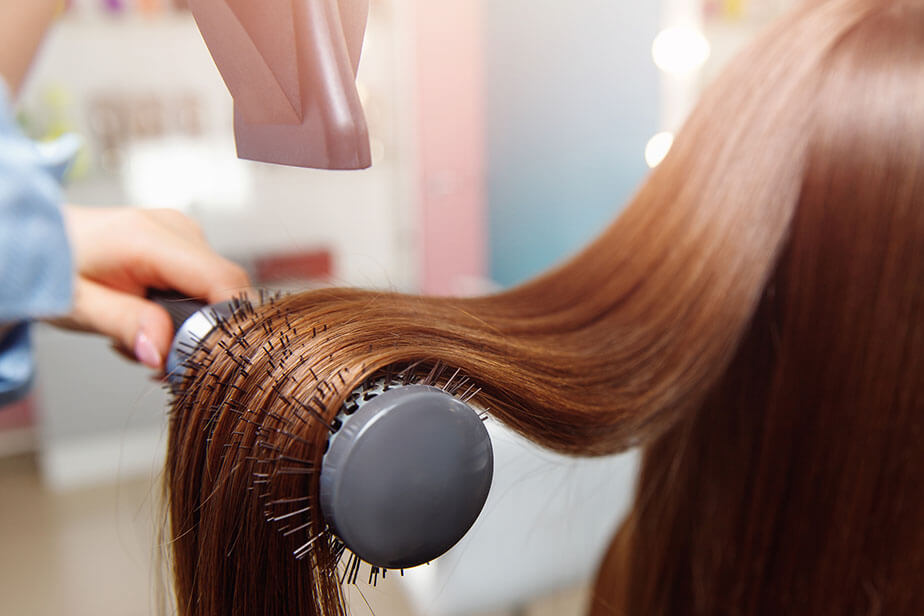
Source: Evgeniy Parilov | Dreamstime.com
Understanding the differences between hard and soft water and their impact on your client’s hair is crucial for achieving optimal hair health. Implementing appropriate hair care strategies based on your water type can make a significant difference. Remind your clients that their hair type plays a role, too. Offer your clients personalized recommendations and a customized hair care plan, including professional hair care products to suit their needs.






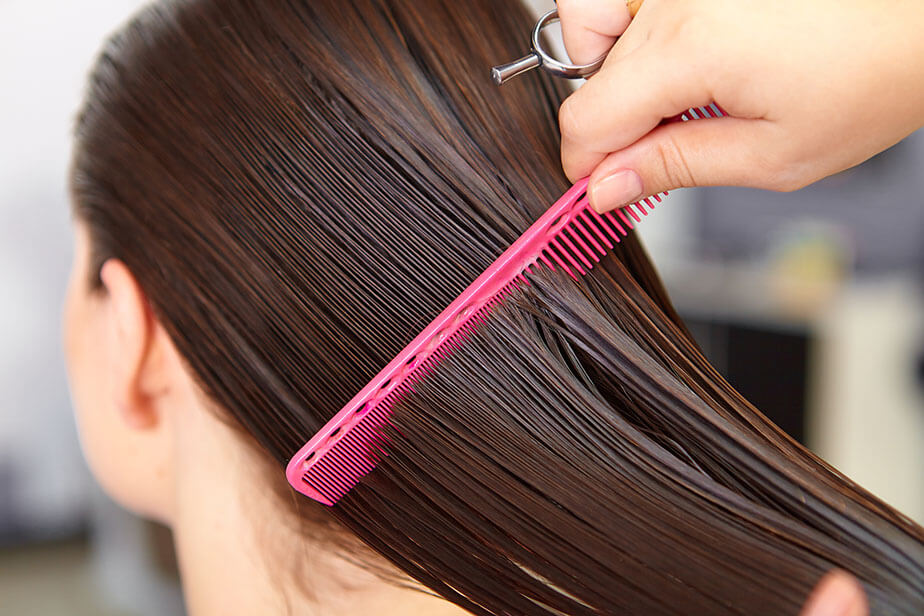




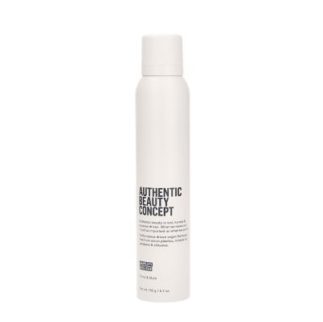
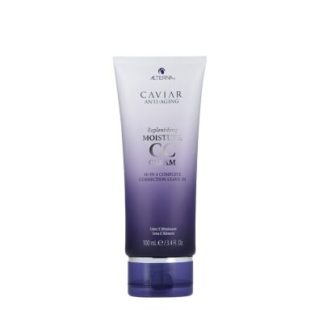
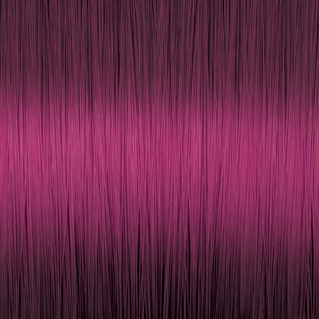
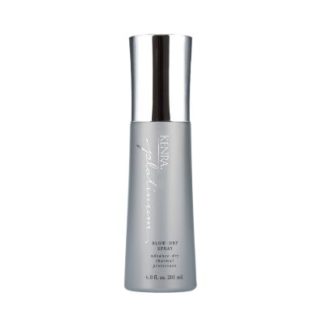
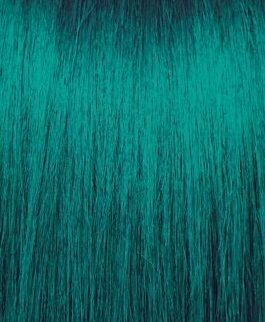
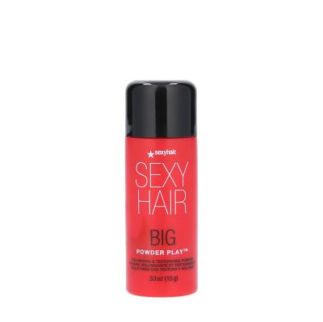
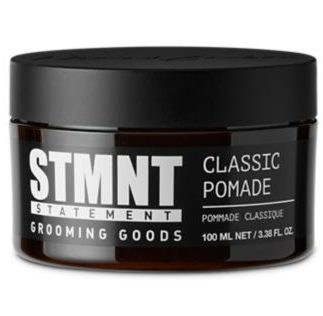
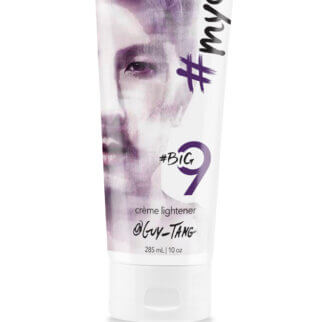
Share Your Feedback